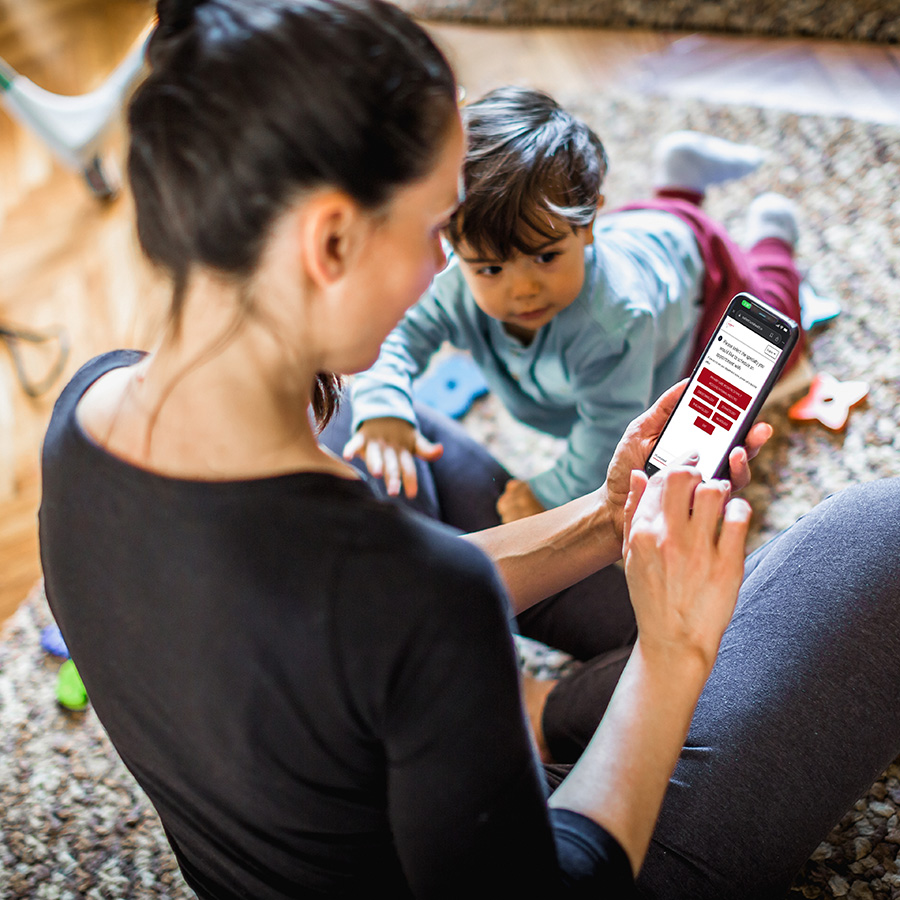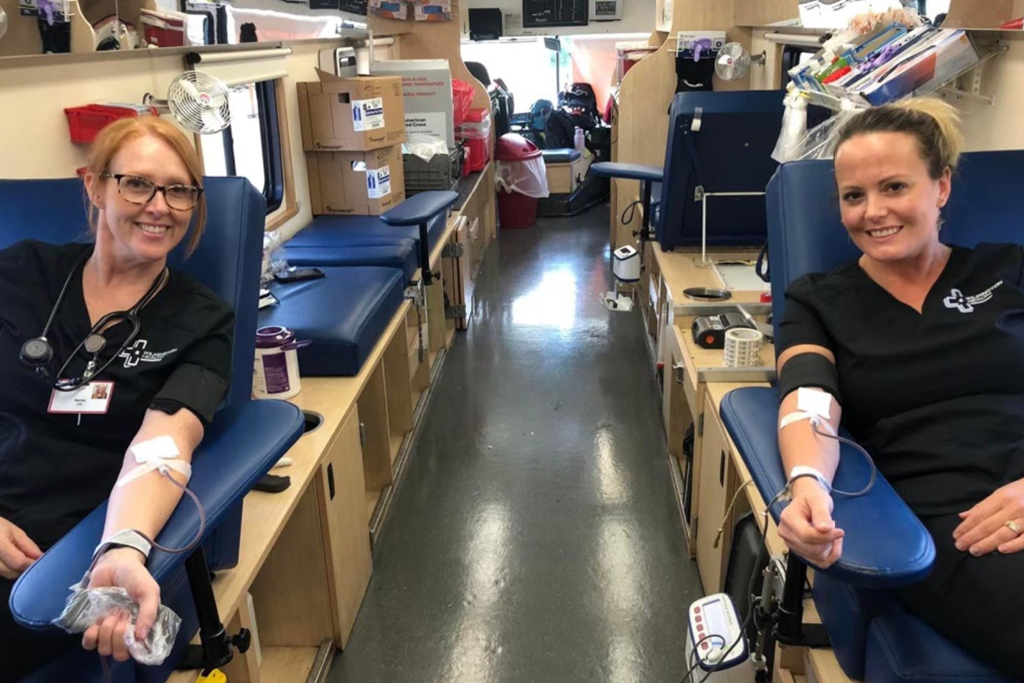As National Blood Donor Month, January offers a great opportunity to start the year off with a good deed by donating blood. Not only can giving blood help you feel good about yourself, but it can also be a big help to people in your local community. After all, according to statistics, someone in the United States needs a blood transfusion every two seconds. And despite more than six in 10 Americans being eligible to donate blood, only 3% of the U.S. population currently does so.
The dos and don’ts of blood donation
No matter what time of year you choose to give, it’s important to know what to do before donating blood, as well as how to best recover after giving blood. Next time to plan to visit to a blood drive or blood bank to provide a potentially lifesaving donation, consider the following dos and don’ts regarding how to prepare for blood donation and what to do after giving blood.
Before donating blood:
- DO make an appointment for a convenient time and location.
- DO check to see if any medications you’re taking might prevent you from being able to donate.
- DO confirm that you meet all the criteria for donation. Recent endeavors such as international travel and engagement in certain sexual activities, as well as certain existing medical conditions, may prevent you from being eligible to donate. (Note: The American Red Cross blood-donation requirements were recently changed, allowing more people to donate blood than in the past.)
- DO get a good night’s sleep before your donation. (Between seven and nine hours of sleep the night before donation is recommended. This will help you to feel alert during your donation and reduce the likelihood that you won’t be feeling well.)
- DO drink plenty of liquids (water is an especially good choice) in the days leading up to your donation and immediately before your donation to help ensure that you’re well hydrated. Water makes up nearly half the blood you donate, and the fluids you lose during your donation can cause a drop in your blood pressure. This has the potential to cause you to feel faint and dizzy, especially if you’re not well hydrated.
- DO maintain a regular diet before donating — and have a snack immediately before giving blood — to help keep your blood sugar levels stable during donation. This can help prevent you from feeling lightheaded and/or dizzy during your donation.
- DO eat healthy, iron-rich foods — such as meats, leafy green vegetables, beans or iron-fortified cereals — before making your donation. This can also help ensure you feel well during your donation.
- DON’T eat fat-loaded foods such as a hamburger, french fries or ice cream before your donation.
- DON’T drink alcohol before or soon after your blood donation, as this could impact your hydration levels during donation and slow your body’s recovery after donation.
- DON’T smoke for at least two hours before donating blood. Smoking can hinder your blood’s ability to carry oxygen, as well as cause an increase in your blood pressure that can disqualify you from donating.
During your donation appointment:
- DO bring the required forms of identification to your appointment. This can include your donor card, a driver’s license or two other acceptable forms of identification.
- DO bring a list of the medications you take for donation personnel to review before your donation.
- DO wear a shirt with sleeves that you can easily roll up above the elbows, as this will enable easy access to your veins during the donation procedure.
- DON’T show up to give blood if you’re feeling sick. If you’re showing symptoms of illness, call ahead and let the donation personnel know that you’d like to reschedule for a time when you’re feeling better.
- DON’T fret during the procedure. Instead, it’s a good idea to bring a book or listen to music that will help you relax during your donation.
After your donation:
- DO relax for a few minutes and have a snack to help restore your blood-sugar levels after donation.
- DO drink a lot of liquids and avoid alcohol for 24 hours after your donation to help your body rehydrate. It’s recommended that you have at least an extra four 8-ounce glasses of non-alcoholic liquids over the 24 hours following your blood donation.
- DO continue eating iron-rich foods to help you maintain your strength and energy after your donation.
- DON’T continue performing any activity that makes you feel lightheaded or dizzy. Instead, if you do start to feel lightheaded or dizzy, sit or lie down until you feel better. (And for at least 24 hours after your donation, it’s best to altogether avoid performing any activity during which fainting could lead to injury.)
- DON’T engage in vigorous exercise or heavy lifting for at least 24 hours following your donation. Staying well-rested helps your body to recuperate and replenish the fluids lost during blood donation.
Plan your blood donation today
Ready to make a blood donation to help your local community? Find a blood drive near you on the American Red Cross website, or locate a donation center near you on the America’s Blood Centers website.
Contributor: Taylor Carter, Wilmington Health Blood Program Leader and Clinical Scribe

